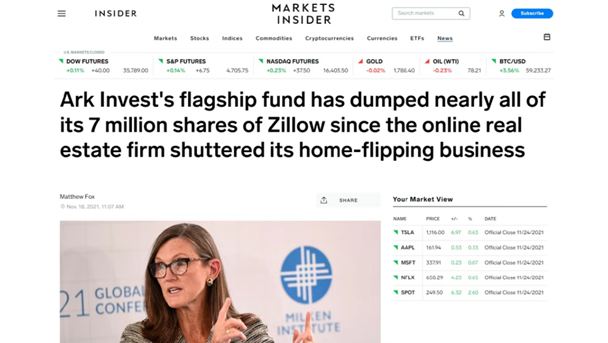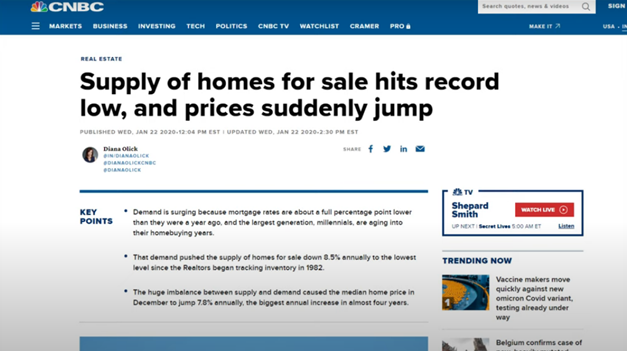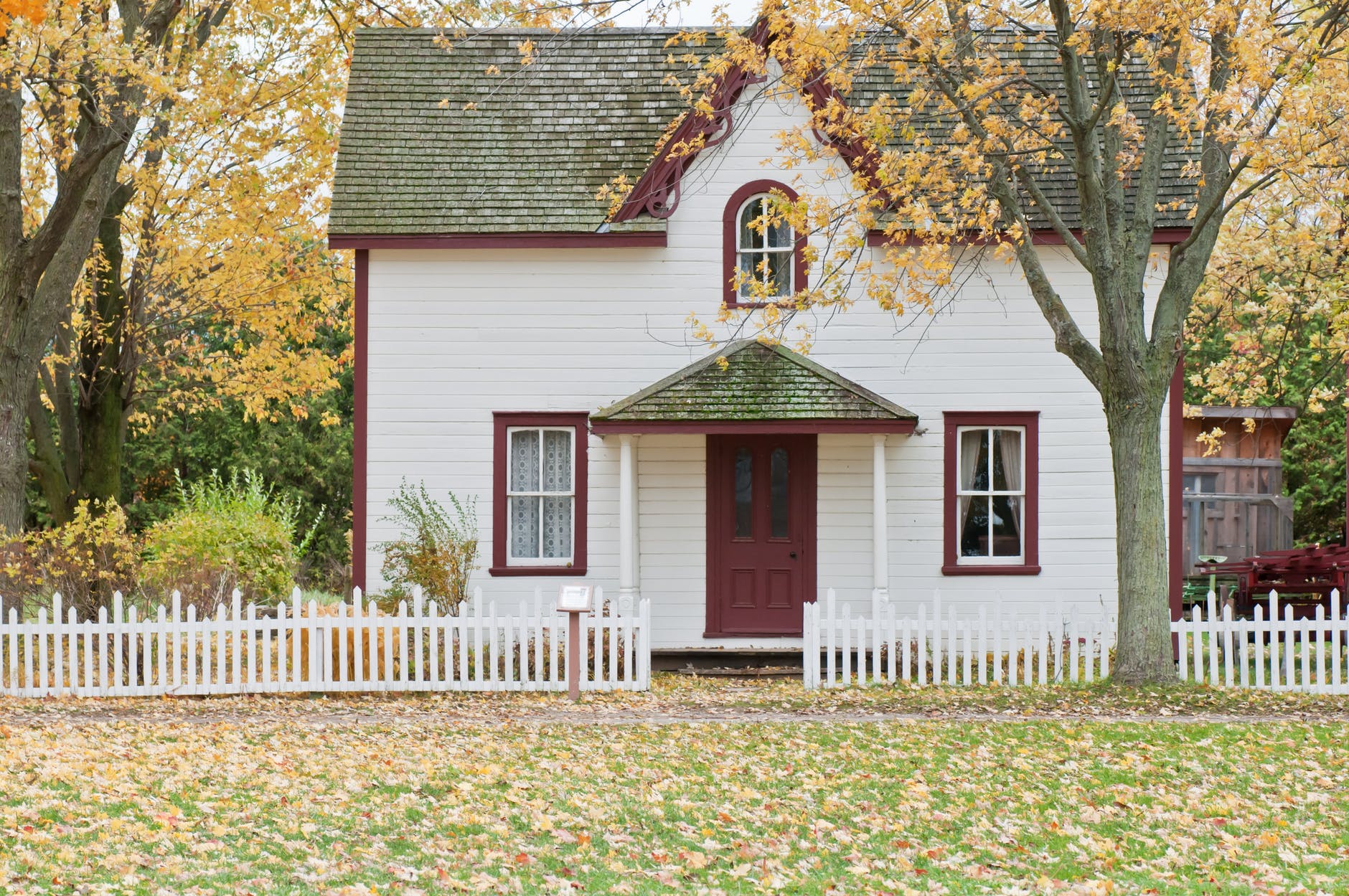House prices have been on the rise more than ever. There are bidding wars to own houses are everywhere. Many are willing to pay 10%, 20%, and even 30% higher than the asking price just to be the one to lay their hands on the estate. People flocks to subdivisions the moment they get built.
However, the market appears to reach its peak in last in the last few months of 2021, and it seems like it’s going to rise the way it did before.
The listing data of Realtor.com has shown a decline in prices in the active home listing, from a whooping 17. 2% from the year before to 8.6%. This visible massive decline doesn’t mean that prices are going to fall, but it can be a sign that they aren’t going to flourish like they used to.
Shortage in the Real Estate Market
The real estate market doesn’t only leave an impact on homeowners. It also affects renters and investors—basically, everyone since we all need a house to live in.
The slowdown in prices didn’t take place without any notice. Experts knew that this would happen, but with a question left in mind, “When?” Those who waited with anticipation will be given big opportunities that may not come around again in the near future.
However, it’s pretty challenging to make predictions about the market since even the data-rich algorithms can’t make foretelling accurately.
Zillow, an American online real-estate marketplace company, has tried making money off the market through their data but failed to do so. In return, their stock went plunging down to 46%, which is worse than the crash in March of 2020. And worst? Art Invest‘s flagship fund has sold its entire portfolio of Zillow, which was worth about $7 million shares.

The biggest mistake Zillow has made in the past year was trusting all the data they have in hand. With the thoughts of having predicted the home prices accurately, Zillow made a big investment by purchasing thousands of houses. It bought about 14,000 houses in just a matter of six months.
Zillow’s undertaking seems to be a very calculated move with all the massive data they have, but their plan has backfired against them. They overspent their funds in the wrong direction, so they were posing massive losses in the months to come. This resulted in a combined loss of about $550 million and a layoff of 25% of Zillow’s entire staff.
Anything can happen in the real estate market as it is so unpredictable. But one thing is for sure… a low mortgage rate is a great deal!
Back in 2018, the mortgage rates were at their peak (5%) but eventually dropped and reached their lowest point in the first month of 2021. Now, how much would a single percentage make in your final house price? Here’s a brief example.
You bought a house that is worth half-million-dollar with 3% to 4% mortgage rates in 30 years. Initially, you paid a 20% down payment. The total amount you would pay if you had a mortgage rate of 4% is around $859,000, while with a 3% mortgage rate, you’ll have to pay $758,000. Not to mention the amount you need to pay for insurance and other taxes.
A single percentage added in mortgage rates can significantly impact the amount you need to pay. Perhaps this is why people are pushing themselves to secure a mortgage every time the rates drop to an extremely low degree. Despite the fact that they will still overpay for the house, it will still be their win in the end since the mortgage is low and house prices generally increase over time.
However, home price increase followed the astronomical house demand. The prices grew so expensive lately that even low mortgages wouldn’t be able to compensate for it.
Currently, there’s a shortage of houses in the market, yet the demand is crazily high. According to the Law of Supply and Demand, the price increases when there’s a price increase but no change in the supply. However, if the supply drops as well, there’s a big chance for things to go south.

When the Covid-19 pandemic broke out, many people were afraid to go out of their houses and make interactions with other people. Of course, no one would want to get infected with the virus, and not a single soul back then had an idea when vaccines would be produced. Because of the latterly mentioned reasons, many homeowners are a bit hesitant to put their houses on sale, driving house prices higher.
If you see a house rapidly increasing in value, would you want to sell it immediately? Probably not. Why sell it now if you can make a lot more when you sell it later at a more expensive price? This mentality reduced the housing supply further, stirring a bigger catastrophe caused by the shortage.
No one can accurately tell if the house pricing will continue plunging, or if the real estate market would collapse. Only time has the power to tell.
Avoid concerning yourself too much with the short-term roller-coaster ride of prices if you have plans to purchase a house. Mortgages often take about 30 years to be completed, so short-term damages brought by crashes wouldn’t affect you that much.
About 30 years ago, the Median Home prices were about $100,000, and now it is worth $375,000. This only shows how trivial crashes are against time.



